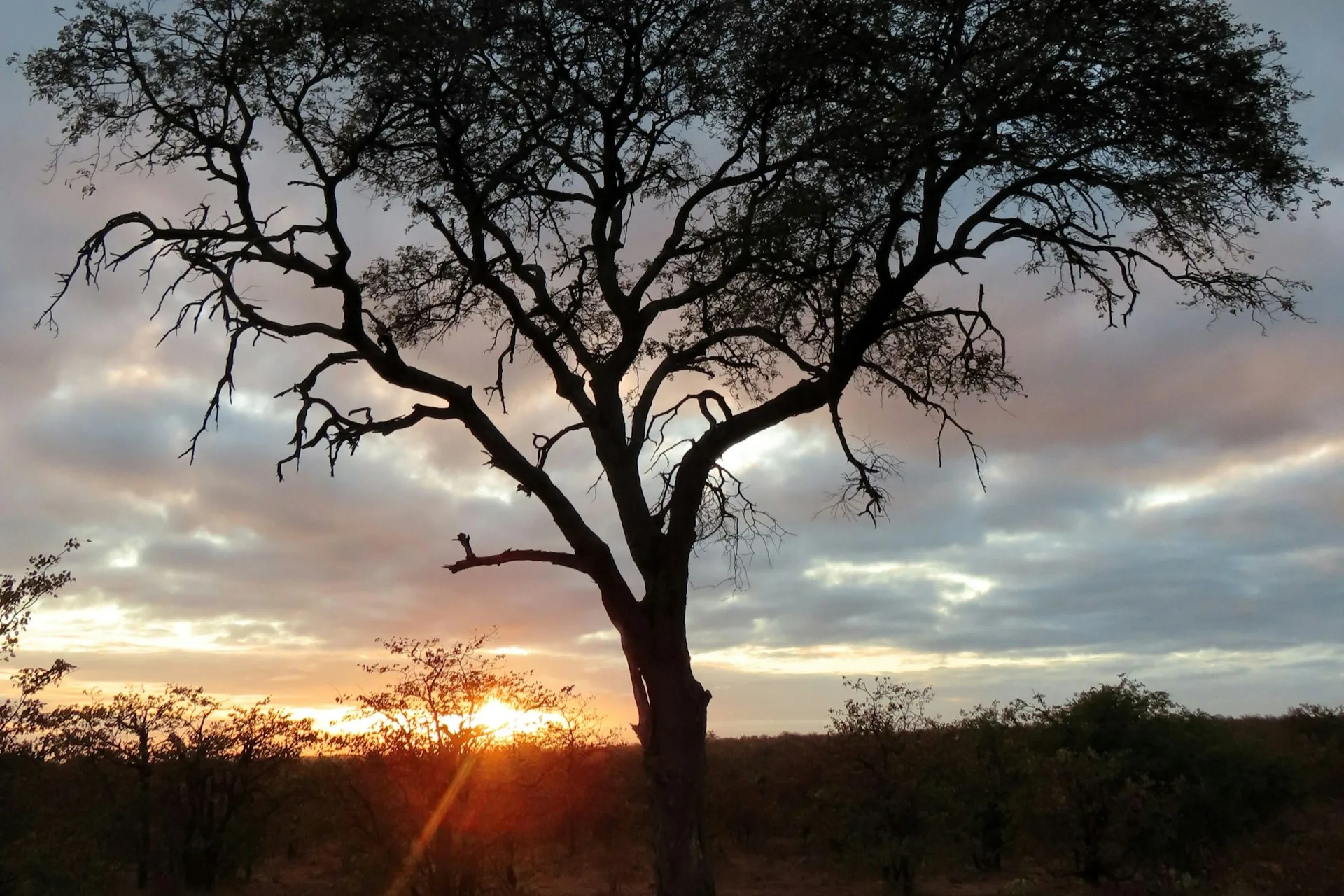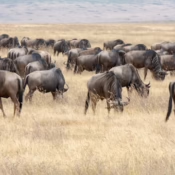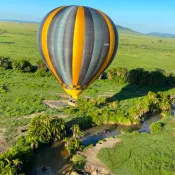Your Safari Packing List? Lets get you covered!

Your Safari Packing List? Lets get you covered!

Tanzania Safari Packing List
Documents & Essentials:
- Passport (valid for at least 6 months after your departure)
- Visa (if applicable; many visitors can get a visa on arrival)
- Travel Insurance (highly recommended for medical emergencies, cancellations, etc.)
- Flight Tickets & Itinerary
- Vaccination Certificates (e.g., Yellow Fever, Malaria)
- Copies of Important Documents (passport, insurance, tickets, etc.)
- Cash (USD) and Credit Cards (for tips and emergencies)
- Travel Guidebook/Map (optional)
- Driver’s License (if planning to drive in Tanzania)
Clothing:
- Lightweight, Breathable Clothes (comfortable for the warm days)
- Neutral colors like khaki, brown, or olive (avoid bright colors)
- Long sleeves and pants for sun protection and to avoid insect bites
- Light Sweater or Jacket (nights can get chilly, especially in higher altitudes)
- Waterproof Jacket or Poncho (for unexpected rain showers)
- Comfortable Walking Shoes (hiking shoes or sturdy sandals)
- Flip-Flops (for relaxing at lodges/camps)
- Swimwear (for pools or lakeside lodges)
- Socks & Underwear (enough for the trip duration)
- Wide-Brimmed Hat or Cap (for sun protection)
- Scarf or Buff (can help protect from dust or sun)
Safari Gear:
- Binoculars (for wildlife viewing)
- Camera & Spare Memory Cards (with a good zoom lens)
- Guidebook or Wildlife Identification Book (to identify animals and plants)
- Headlamp/Flashlight (with extra batteries)
- Small Backpack or Daypack (for daily excursions)
- Reusable Water Bottle (staying hydrated is key)
- Sunglasses (with UV protection)
- Sunscreen (SPF 30 or higher)
- Lip Balm with SPF
- Insect Repellent (with DEET to protect from mosquitoes)
- Wet Wipes or Hand Sanitizer
- Tissues (for hygiene during the day)
Health & Medical:
- Prescription Medications (if needed, along with a copy of the prescription)
- Malaria Medication (consult with a doctor prior to travel)
- Basic First-Aid Kit (band-aids, pain relievers, antiseptic wipes, etc.)
- Antihistamines (for allergic reactions)
- Motion Sickness Tablets (if prone to car sickness)
- Probiotic Supplements (for digestive health)
- Antibiotic Ointment (in case of cuts or scrapes)
Technology:
- Chargers (for phone, camera, and other devices)
- Power Bank (portable charger for long game drives)
- Travel Adapter (Tanzania uses type D and G plugs, 220V/50Hz)
- Smartphone (with safari apps, maps, etc.)
- Portable Wi-Fi or SIM Card (optional, for internet access)
- Tablet or E-Reader (optional, for entertainment during downtime)
Optional Items:
- Notebook & Pen (for journaling your safari experience)
- Small Gifts for Local Communities (school supplies, pens, etc., but only if requested)
- Lightweight Scarf or Shawl (for cultural visits to local villages)
- Binocular Strap (for easy access during game drives)
- Portable Safe or Lock (for securing valuables in your tent or room)
Luggage:
- Duffel Bag (soft-sided luggage is best for safari travel)
- Small Carry-On Bag (for flights or short trips)
- Laundry Bag (for dirty clothes)
- Ziplock Bags (for storing snacks, toiletries, or small items)
Important Notes:
- Respect local customs: Dress modestly when visiting villages or cultural sites.
- Luggage weight restrictions: Many domestic flights have strict luggage limits (usually 15kg/33lbs for checked bags, 5-7kg/11-15lbs for carry-ons). Check with your airline.
- Safari Packing Tip: Keep your safari gear in a separate, easy-to-access bag as some accommodations are in remote area
All Categories
Recent Posts
Acatree Tours
Why Gorillas Thrive Only in Volcanoes & Bwindi
Acatree Tours
“The Unspoken Wildebeest Migration Chronicles”
Acatree Tours




